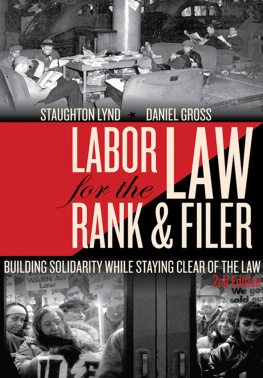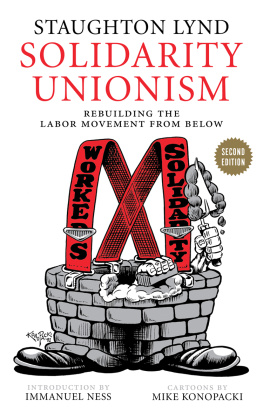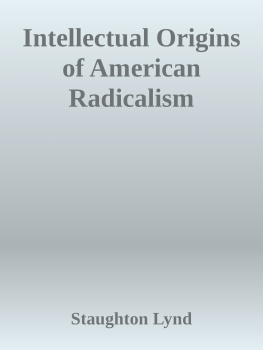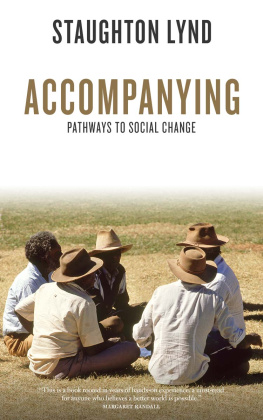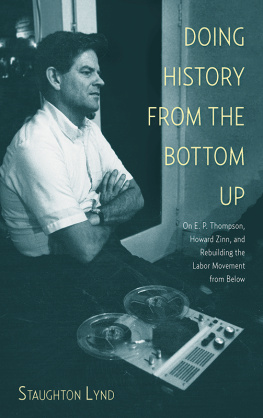Routledge Revivals
England in the Eighteen-Eighties
First published in 1945 by Frank Cass and Company Limited
This edition first published in 2018 by Routledge
2 Park Square, Milton Park, Abingdon, Oxon, OX14 4RN and by Routledge
52 Vanderbilt Avenue, New York, NY 10017, USA
Routledge is an imprint of the Taylor & Francis Group, an informa business
1945 by Taylor and Francis
All rights reserved. No part of this book may be reprinted or reproduced or utilised in any form or by any electronic, mechanical, or other means, now known or hereafter invented, including photocopying and recording, or in any information storage or retrieval system, without permission in writing from the publishers.
Publisher's Note
The publisher has gone to great lengths to ensure the quality of this reprint but points out that some imperfections in the original copies may be apparent.
Disclaimer
The publisher has made every effort to trace copyright holders and welcomes correspondence from those they have been unable to contact.
ISBN 13: 978-1-138-39190-1 (hbk)
ISBN 13: 978-0-429-42247-8 (ebk)
ENGLAND
IN THE EIGHTEEN-EIGHTIES
TOWARD A SOCIAL BASIS FOR FREEDOM
ENGLAND
IN THE EIGHTEEN-EIGHTIES
TOWARD A SOCIAL BASIS FOR FREEDOM
Helen Merrell Lynd
TO
ANDREA and STAUGHTON
and
My FATHER and MOTHER
This book has been in preparation during a number of years. Inevitably it reflects different stages in my thinking, and any acknowledgment of the many persons who have contributed to that thinking is particularly inadequate.
In the preparation of the book I owe incomparably more to Robert S. Lynd than to any other person. His hand appears in the organization of the material, in the conceptual analysis, and in the writing of several chapters, especially of Chapters ii and vii. What he has contributed is beyond any possibility of adequate recognition.
It was Carlton J. H. Hayes who first directed my attention to the importance of the decade of the eighties in social history. J. Bartlett Brebner read the entire manuscript with great discernment and gave me invaluable criticisms. Charles E. Trinkaus Jr., Maxwell Geismar, Jean Carroll Trepp, Emery Neff, and Jacques Barzun gave me important suggestions on parts of the manuscript.
Friends in England were generous in helping to supply details which are not readily accessible to an American. I recall with especial pleasure a day spent with Sidney and Beatrice Webb and conversations with Graham Wallas, John Burns, R. H. Tawney, G. D. H. Cole, Harold Laski, and J. L. and Barbara Hammond.
Catherine Turner not only had great patience in the typing of the manuscript but through resourcefulness and care in checking of sources saved me from errors I might otherwise have committed. Patricia Beesley was a keen and delightful companion in proof reading and index making; the book would have profited by her counsel at earlier stages.
Footnotes have been divided: those that contain references only have been placed at the back of the book; others appear at the bottom of the page.
Acknowledgment is gratefully made to the following publishers for permission to quote from books published by them which are cited in full in Notes and Bibliography: George Allen and Unwin, D. Appleton-Century and Co., G. Bell and Sons, Jonathan Cape, Chatto and Windus, Columbia University Press, Constable and Co., Dodd, Mead and Co., Victor Gollancz, Harper and Bros., Hodder and Stoughton, Independent Labour Party, P. S. King and Staples, John Lane the Bodley Head, Longmans, Green and Co., The Macmillan Company, W. W. Norton and Co., G. P. Putnam's Sons, Society for Promoting Christian Knowledge, University Tutorial Press. Grateful acknowledgment is also made to Bernard Shaw, H. G. Wells, and William J. Wilkinson for permission to quote from their works.
Sarah Lawrence College
Bronxville, New York
November 1944
H ELEN M ERRELL L YND
A LITTLE more than half a century ago England was living through a national crisis. Of this period through which his father helped to lead the nation Winston Churchill has written:
It was the end of an epoch. The long dominion of the middle classes, which had begun in 1832, had come to its close and with it the almost equal reign of Liberalism. The great victories had been won. All sorts of lumbering tyrannies had been toppled over. Authority was everywhere broken. Slaves were free. Conscience was free. Trade was free. But hunger and squalor and cold were also free and the people demanded something more than liberty... How to fill the void was the riddle that split the Liberal party.
England in 1880 was aware of a new apprehension about the future. Half a decade of world depression had brought fear of foreign competition and imperialist rivalry. While a century of world industrial supremacy had engendered a vast complacency within England, insistent questions were now being raised: Were the days of great trade profits over? Was liberal enterprise at an end? Had the world at this precise year of grace come to the "end of its tether" in regard to the development of its industrial resources'? Looking back from the nineteen-forties we see in the years following the Congress of Berlin the sharp emergence of the questions regarding the future of the British Empire and even of industrial society with which we are now so familiar.
On 1 January 1880, the London Times began its leading editorial:
A new year begins every morning... But there are not the less tides in the affairs of men ... we have many motives for exchanging with a more than usual heartiness the customary wishes for a happy New Year,... We leave behind us in 1879 a year which has combined more circumstances of misfortune and depression than any within general experience... The combination of untoward influences during 1879 has been unique... War in two continents... Commerce stagnant... Agriculture has suffered from an adversity so severe as to impose a heavy burden upon all the classes connected with land... weak points in our financial organization are revealed... party spirit in politics has displayed a bitterness which the most experienced politicians confess to exceed anything within their remembrance.
Five days later Reynolds Newspaper said editorially:
Eighteen seventy-nine is gone, and we have all reason to be thankful that it is now only a record ... of disaster... the dullest year we remember in trade, and the most disastrous in agriculture...
In 1879 the foundations of great deeps have been moved. Men no longer believe in the divine right of eldest sons, either to crowns or under entails. The bad harvests of late have disclosed that... there are not three incomes derivable from the land... not three or more in trade ... It is true that we have reached the seventh and last session of the worst Parliament that ever sat in England since the days of Charles the First, and that is ... a distinct encouragement to the people.
Reading the fears and hopes of our own time into a comparable period of the past can easily become an over-plausible occupation. But there is much in the England of the eighteen-eighties as compared with America in the nineteen-thirties and forties to lend support to the belief that changes in life and thought in England not infrequently precede by about half a century similar changes in the United States. Certain developments in industry and in social philosophy in the two countries have been similar. But America's later industrialization, use of the frontier, and greater distance from Europe have given rise in the two nations to different timings and sets of urgencies. England from the eighteen-eighties on had to face problems that America has been able down to the present time largely to disregard. For America, too, these years of grace are now past. If we do not press the historical comparison too far some insight into possible directions of change in this countrytheir opportunities and hazardsmay be gained from a study of this critical period in England.



